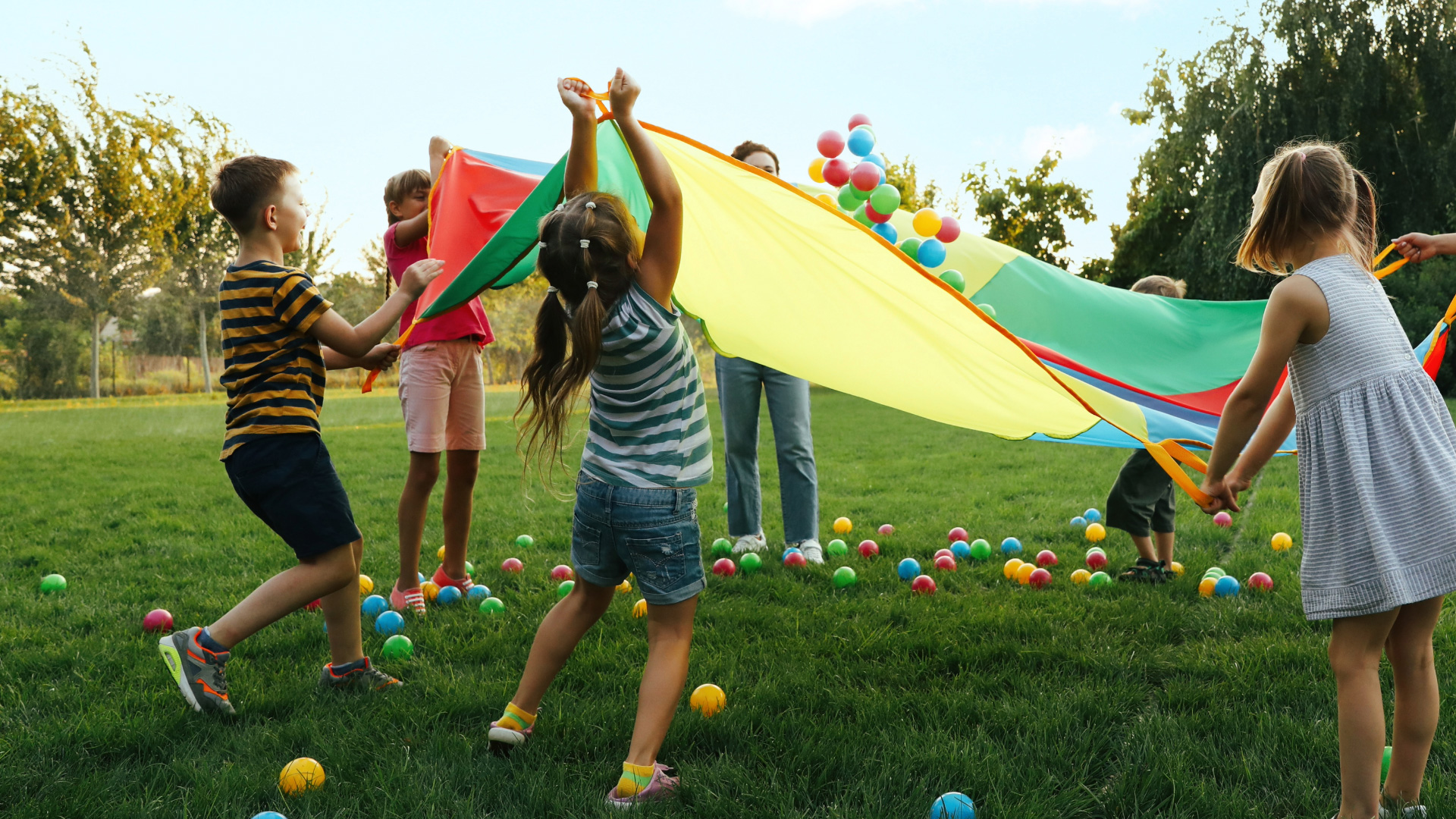By: Dana Vatafu
Exposing your child to music or providing them with a musical education from an early age is an excellent way to jumpstart their cognitive, motor, and social skills development. Creating music activates unique parts of a child’s brain, which can lead to a more emotionally aware child when compared to their peers.
Cognitive Benefits of Music
Studies show that music instruction does, in fact, accelerate a young child’s brain development, particularly in the cognitive areas responsible for processing sound, language development, speech perception and reading skills. A study conducted by USC neuroscientists supports this exact hypothesis when they compared the brain development and behavior of 37 children, ages 6-7 years old, from underprivileged neighborhoods surrounding Los Angeles. During the study, 13 of the children were learning to play instruments as part of ensembles and practiced up to 7 hours a week, 11 of the children were enrolled in the community soccer program, and 13 children were not involved in any school-specific program. After two years of monitoring these children’s extracurricular involvement, the researchers found that the children studying music had more mature auditory systems compared to their peers. By developing these auditory pathways, the children were also increasing their neuroplasticity which has the potential of helping them to also develop other abilities quicker such as language and reading skills.
MIT scientists have discovered that there are certain neural pathways that are only activated through the sound of music. This is almost unsurprising because music education raises the IQ level in children by around 7.5 points, or close to 20%, and musical training is associated with higher scores in both math and language tests. Research has shown that practicing music can also help develop a child’s memory. Children with one to five years of musical training can remember about 20% more vocabulary words read to them off a list, than children with no musical training. Musicians are more likely to be problem-solvers and capable of sustained attention to an activity or study. This is because musicians who begin training at around 7 years of age have a significantly larger corpus callosum, which integrates motor, sensory, and cognitive performance between the right and left lobe of the cerebral cortex. Messages can travel a lot faster between these two lobes of the brain as a result. Because learning music strengthens creativity, imagination, and language development, it’s a great idea to expose your child to it early on!
Motor Skills Development
The 2011 study Brodsky and Sulkin conducted was to find a correlation between the performance quality of children engaging in a hand clapping exercise and their learning efficiency. The academic achievement of 18 children around 7 years old was evaluated, and the results showed that the children who were the most skillful in the physical handclapping performance were also more efficient learners.
Music activates the part of a child’s brain that is responsible for helping a person to speak, read, write, and move different areas of the body, so music lessons help them develop coordination, equilibrium, and attentive movement. Music combined with body movements like dancing, swaying, and waving is also an excellent way to further develop a child’s motor skills.
Playing an instrument with lots of strings and keys close together, such as the violin, guitar, or piano, is especially helpful as a child develops coordination, dexterity, balance, and bilateral integration, which is using both sides of the body while maintaining coordination. Each of these instruments requires the child to hold their bodies and arms in different positions and practice repetitive finger arrangements which can make them more flexible and coordinated and improve their fine motor skills. Younger children will then find fine tasks, like doing up their buttons or tying their shoelaces, a lot easier! This is all done while also paying attention and following instructions at the same time, making the child more proficient at multitasking.
Social Benefits of Music
In a 2010 study conducted by Kirschner and Tomasello, a sample of 96 four-year-olds, with a balanced gender distribution, from 16 different cities were examined. Pairs of children from the same class were chosen so that their previous interactions can be compared with the results of the study. The boys and girls assisted each other more frequently in joint music making situations than before. This shows that children experiencing music together and participating in group performances are more likely to have increased empathy and a greater desire to assist others.
Children engaged in group musical performances regularly practice a wide range of social and emotional skills, including effective communication, collaboration, problem solving, acceptance, and trust building. Whether children perform music together or with their family, they experience a sense of community and gain a better grasp on social cues. Additionally, music education gives children the opportunity to learn about and accept other cultures by becoming familiar with different musical traditions. Their understanding of the world around them can greatly expand beyond the boundaries of their own home from a young age!
Your child can start experiencing the mental, emotional, and physical benefits of music making in the simplest ways from your own home. Formal musical education may not always work for every family. You can set up a drum arrangement using different buckets and pots that you have in your own kitchen and encourage our child to copy a rhythm. You could also help your child create their own noisemakers using a paper towel roll and some beans or rice to go on the inside. The possibilities are endless! Finding ways to implement music into your child’s life even if it is in simple ways like this can have a host of future benefits and help awaken their creativity and curiosity.
Research
https://www.ncbi.nlm.nih.gov/pmc/articles/PMC5626863/
https://news.usc.edu/102681/childrens-brains-develop-faster-with-music-training/
https://museacademybk.com/musings/music-and-cognitive-development
https://journals.sagepub.com/doi/full/10.1177/21582440211068501
Dana Vatafu is an intern at Imagination Playground and entering her third year at Fordham University’s Gabelli School of Business, where she is majoring in Marketing with an additional concentration in Global Business. This is her second summer interning at Imagination Playground, in addition to a previous social media internship at Atwater Marketing and Events.






